
The right to plugin solar installations - changes in property law make solar installations even easier in Germany
This past Thursday, 04.07.2024, the German parliament passed changes to home ownership and tenancy laws that will make the installation of plugin solar kits significantly easier. The changes aim at preventing neighbors and landlords from vetoing plugin installations, giving every tenant the right to a plugin installation and removing a major barrier to installations.
What changes in the laws?
As we reported earlier, on 16.06.2024 the Bundestag (German parliament) approved the “Solarpaket I”, a set of laws aiming at promoting the adoption of plugin solar installations. The law focussed on electrical aspects of kits, such as the maximum installed power if plugin kits that increased from 600 W to the European standard of 800 W. Now the Bundestag has also changed home ownership and tenancy laws, tackling a major obstacle to plugin installations, especially for families living in rental apartments.
Until now, landlords and other residents could simply veto a plugin installation. This led to many tenants not being able to install their own plugin kit without any specific justification by landlords or neighbors, as German daily Bild reported. As a consequence, in a country with an estimated 2.000.000 installed plugin kits, a vast part of the population was prevented from generating their own renewable energy, decarbonising the electricity they consume and saving on their power bills. Apart from frustration on behalf of the affected families, this has impacted Germany’s energy transition plans.
Expected impact on the already booming German plugin solar kit market
With last week’s changes, anybody planning to prevent a family from installing a plugin kit will need to thoroughly justify their objection. The burden of proof passes to the party wanting to prevent the installation. And if a documented claim is filed against a plugin installation, it will be analyzed by the competent authorities and can be rejected. This will make prohibitions significantly more complicated, and open up a wave of installations, especially in apartments and urban areas, where rentals are more frequent. In Germany, 56,4% of the population live in apartments in general. In cities, this percentage rises to 70,9%. Germany also has Europe’s highest share of households renting, at 50,9%, according to Eurostat. The new legislation provides a significant opportunity for balcony installations, particularly in urban areas where many households, including those in rental properties, are now able to install solar panels with ease.
Conclusions
Germany is the leading market in residential solar energy in Europe. Any change in legislation or incentives in Germany is likely to have repercussions in other European countries. At Robinsun, we see the same situation in southern European markets that German renters face: neighbors and landlords prohibiting the installation of plugin kits with no justifications given. We see no reason for these prohibitions, which are most likely driven by envy or lack of knowledge, or outright disdain for protecting our climate. Any prohibition to solar installations, whether residential or otherwise, are out of step with the times, and in light of the ever more evident impact of climate change completely unjustified. We sincerely hope that the changes we are seeing happening in Germany will be rolled out across all of Europe:
- The right to install plugin solar for everybody, eliminating any vetoes to installation unless based on solid technical grounds
- Easy, unbureaucratic and free registration of plugin kits
- Unified European norms as to the output power of plugin kits, that needs to reflect the rapid advances in solar technology. Right now this should be 800 W, and be raised in the near future to 1.000 W
- Fair compensation for surplus production fed into the grid. Receiving a few cents for surplus when consumption is billed at multiples of this rate is completely unjustified, especially considering that this electricity doesn’t travel far on the grid and is normally just used in the household next door.
- Equal access to any form of public subsidies or fiscal advantages for plugin kits, eliminating excessive costs for documentation requirements
- VAT incentives, like the 0% rate in Germany, the Netherlands and Austria
- Elimination of all technical hurdles to self-installations, like requiring special plugs, dedicated power lines, modifications of existing power closets in homes or any form of intervention of installers or electricians
At Robinsun we stand for equal access to solar for all households, and for adaptations to any norms and regulations to accommodate the limited production output and associated risks of plug-in installations.

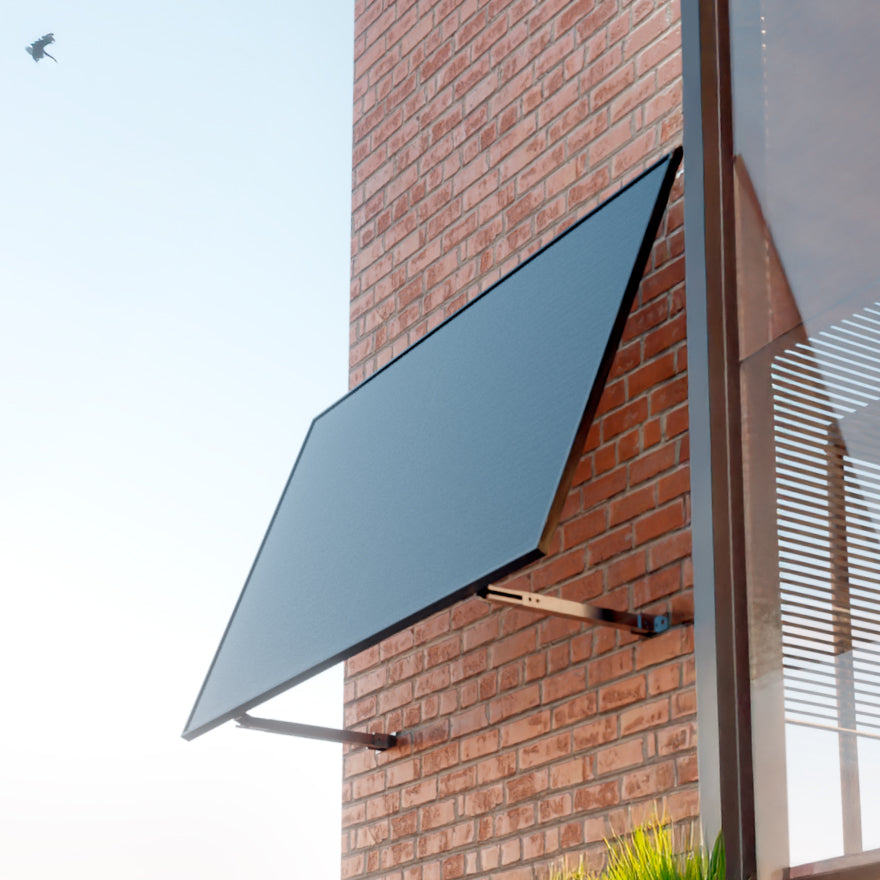
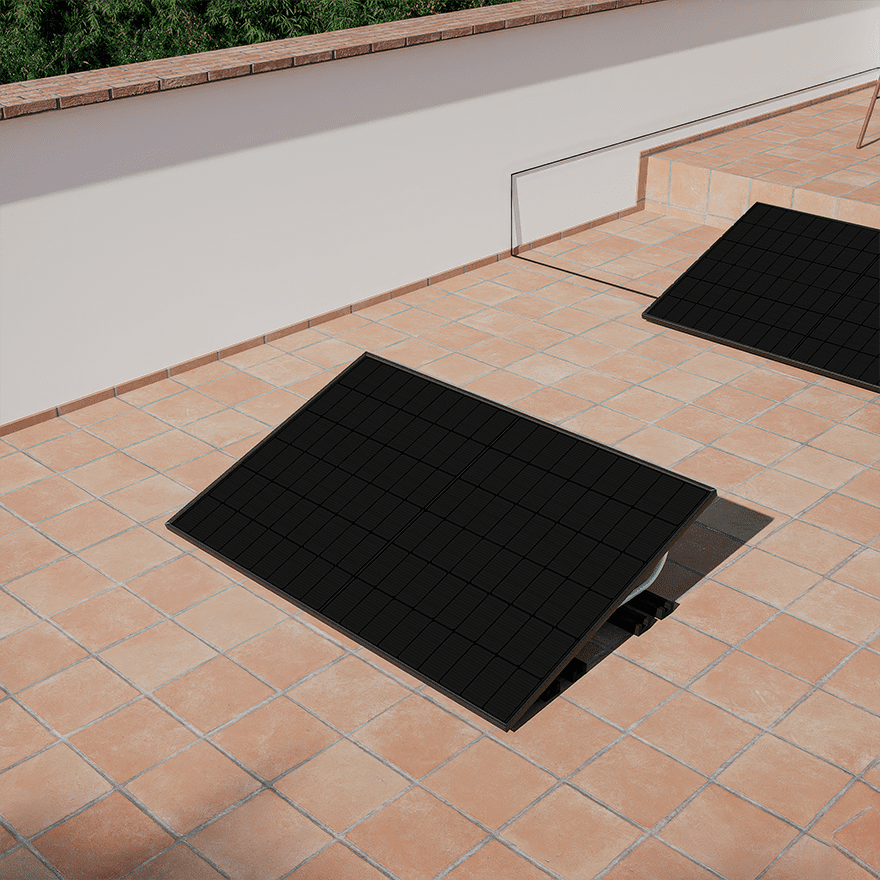
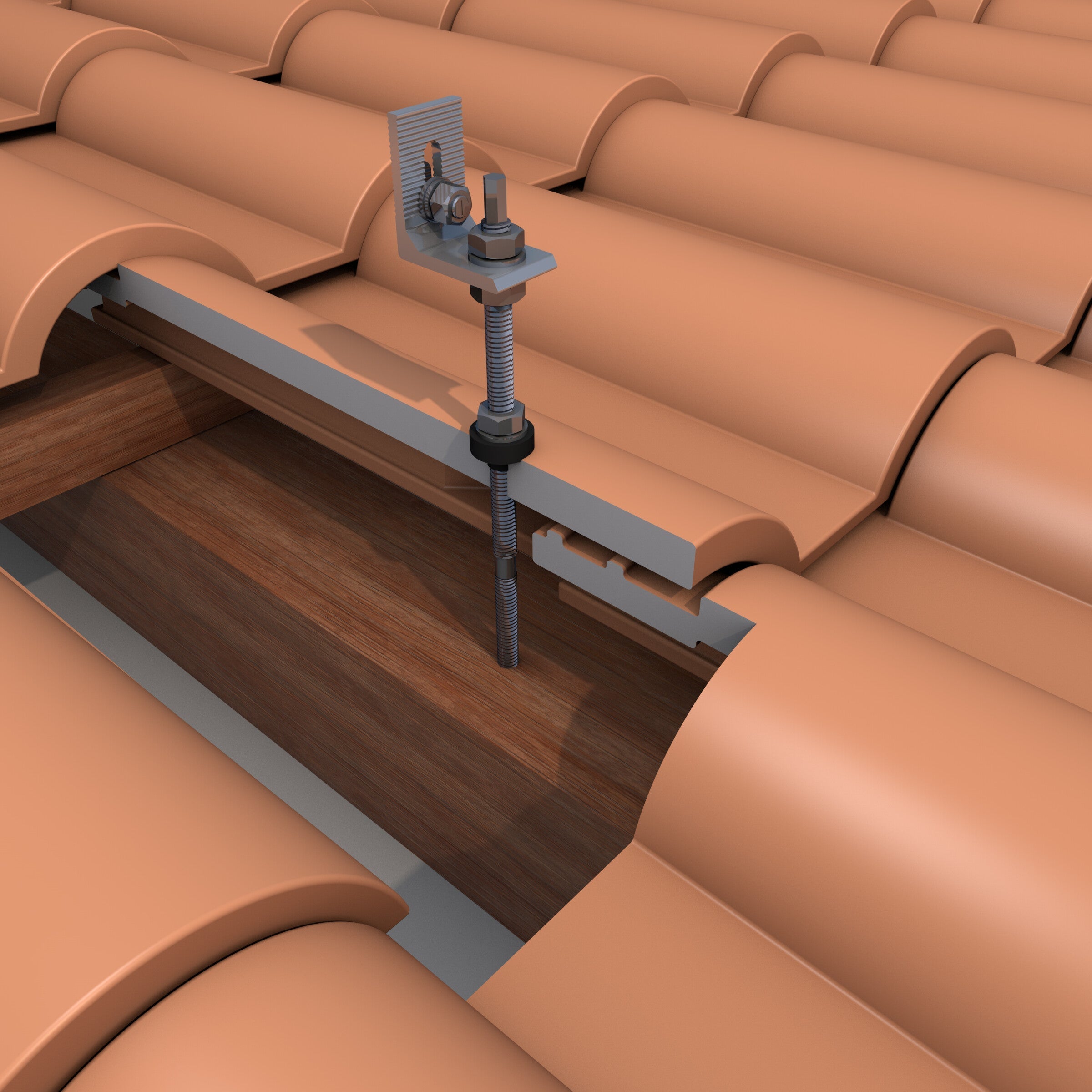
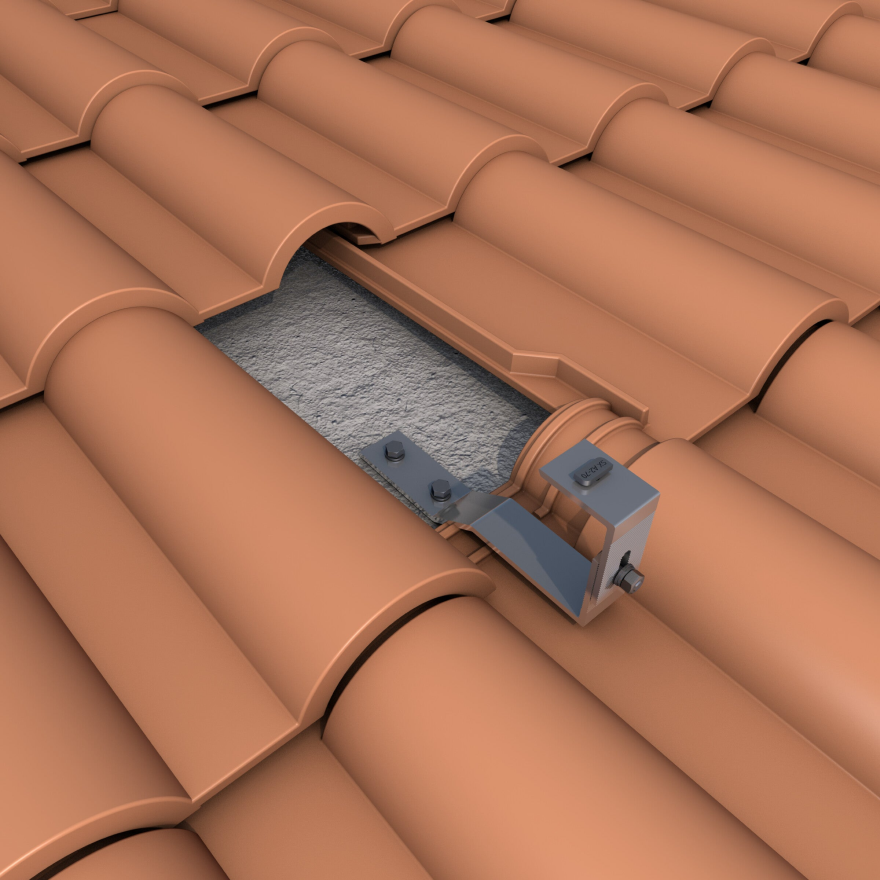
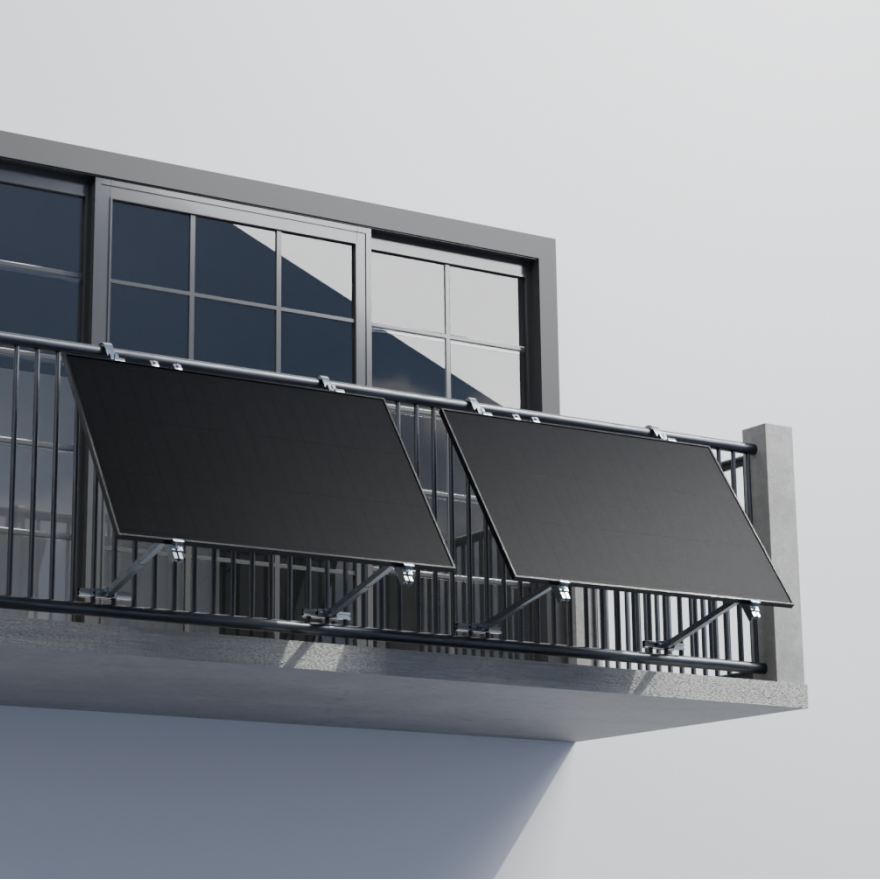
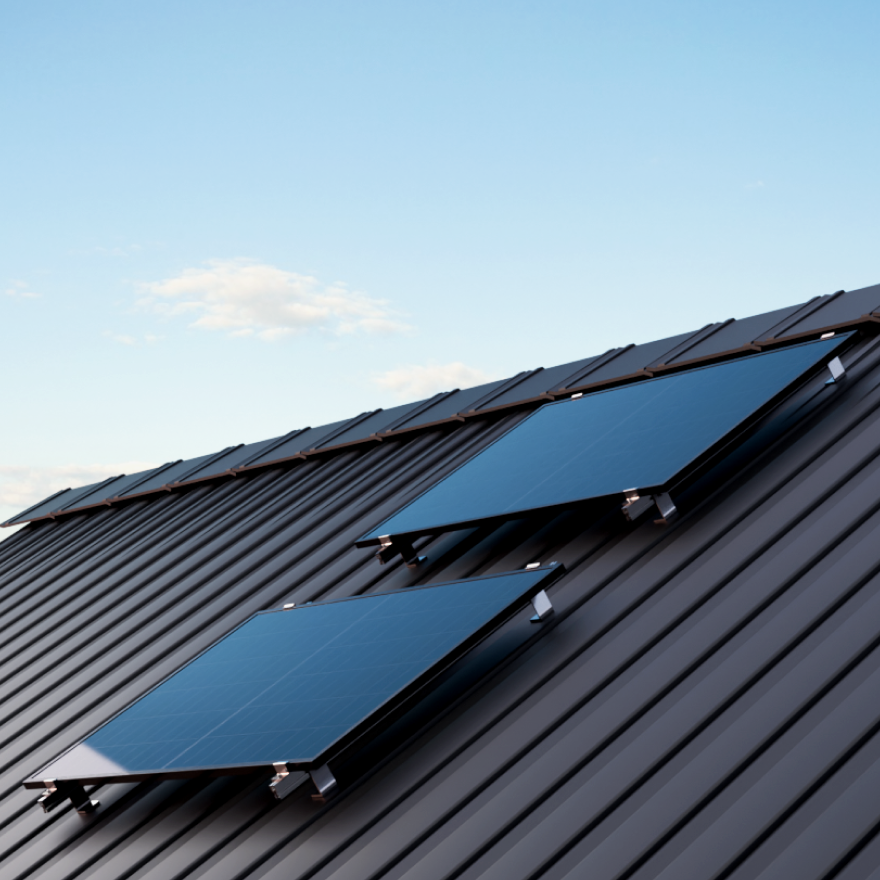
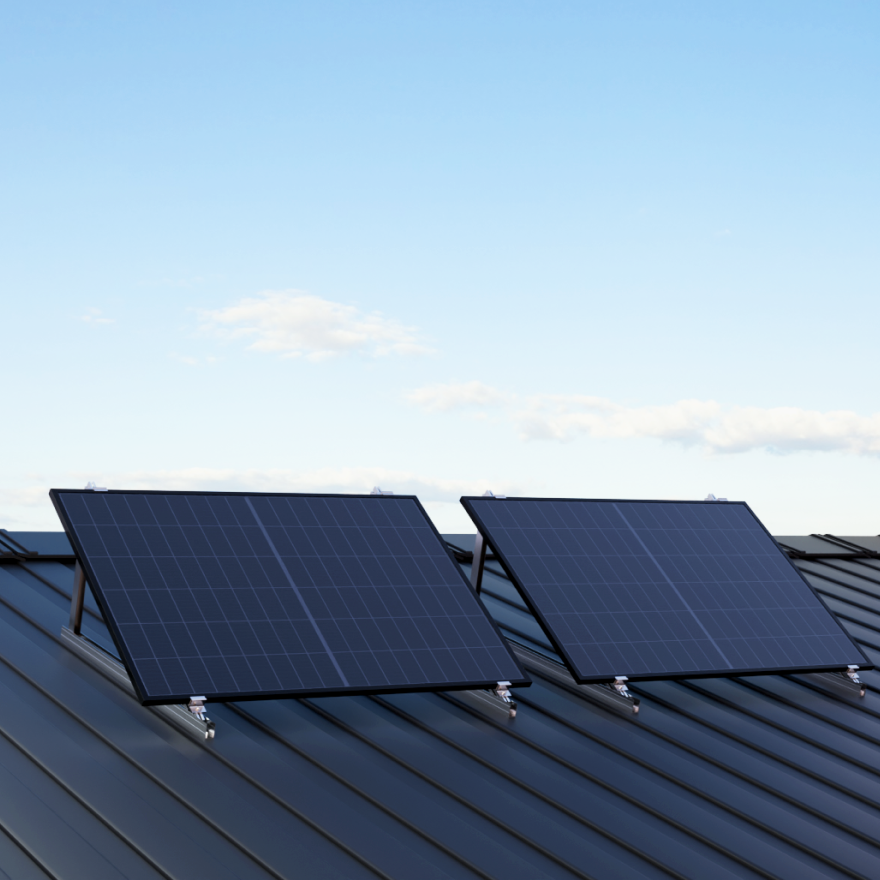
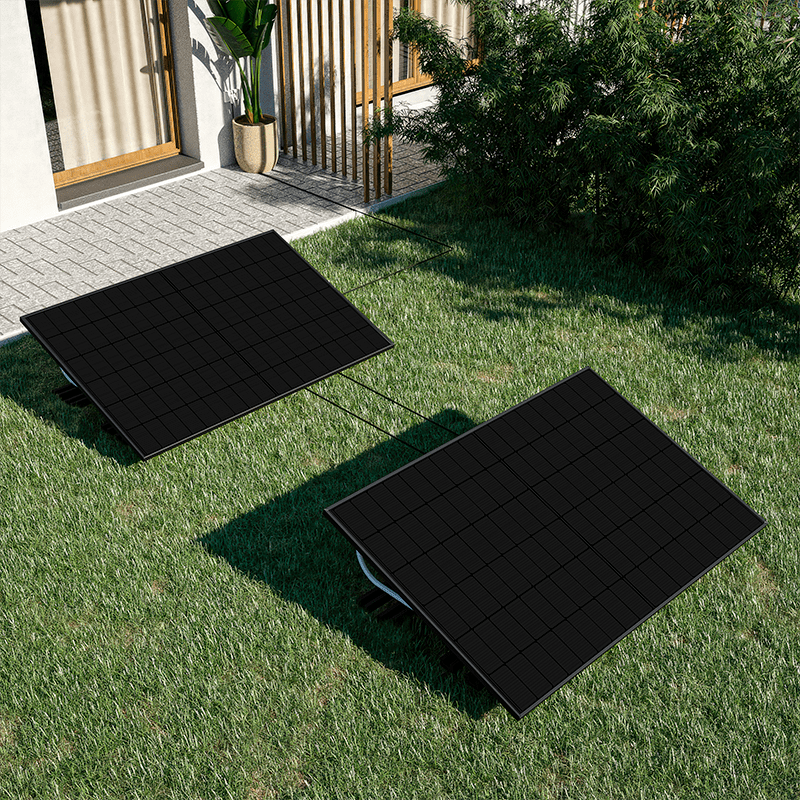
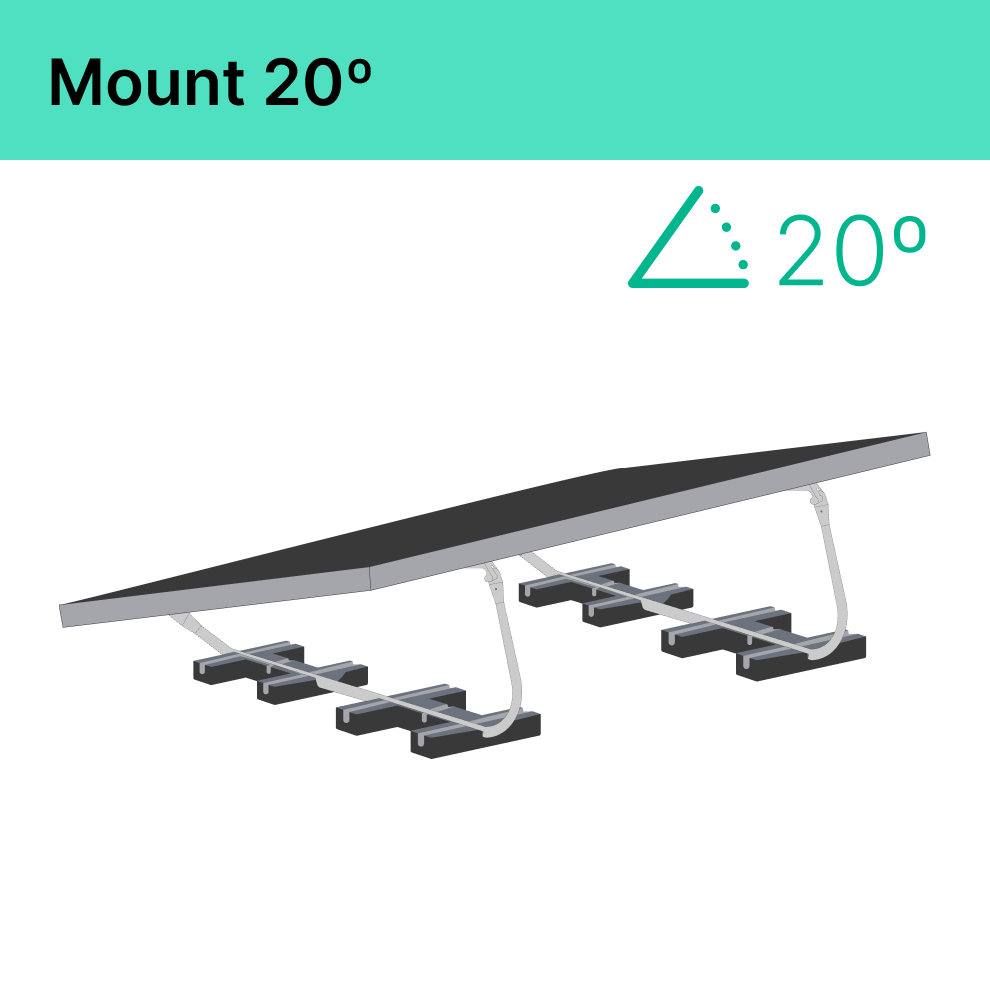

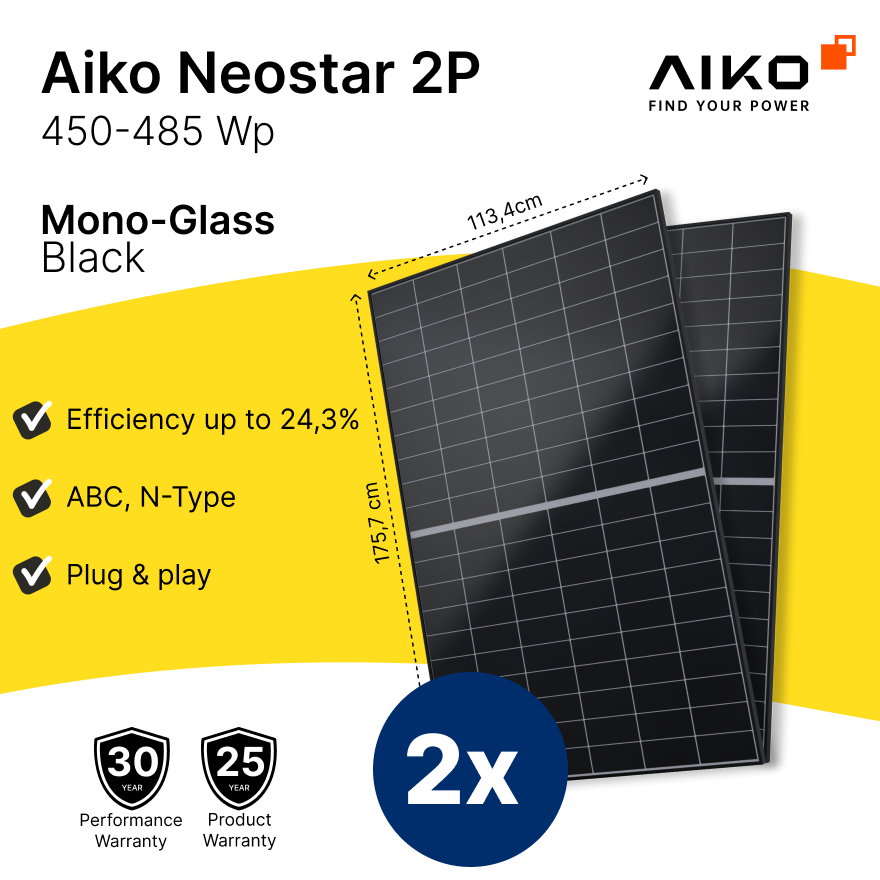
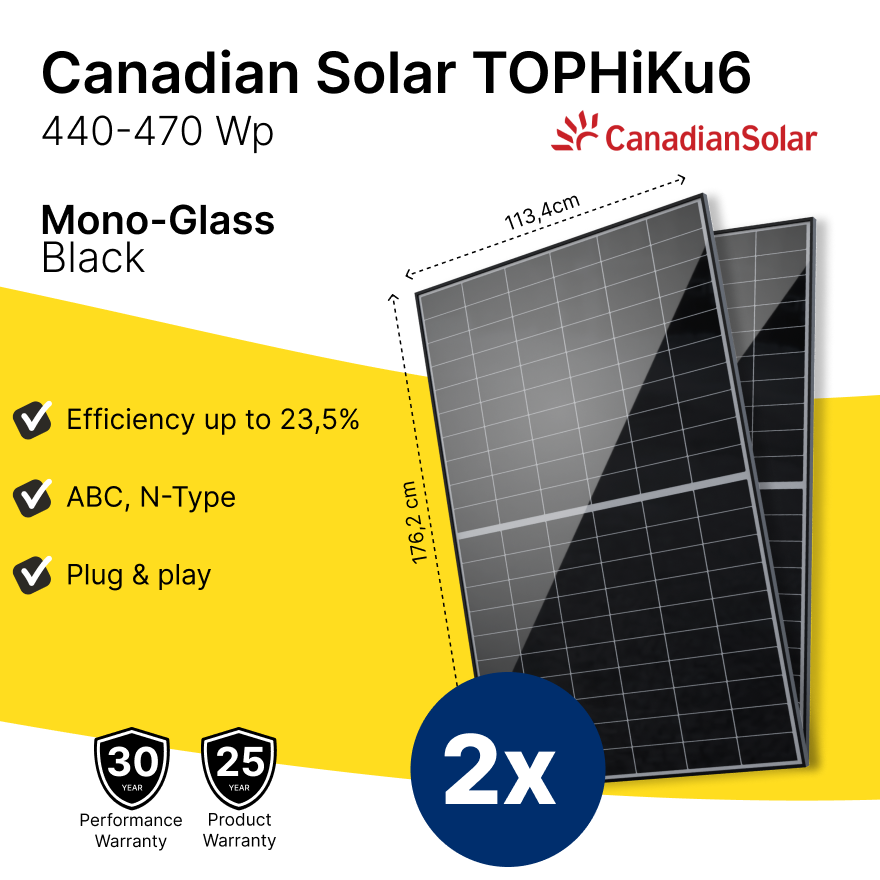
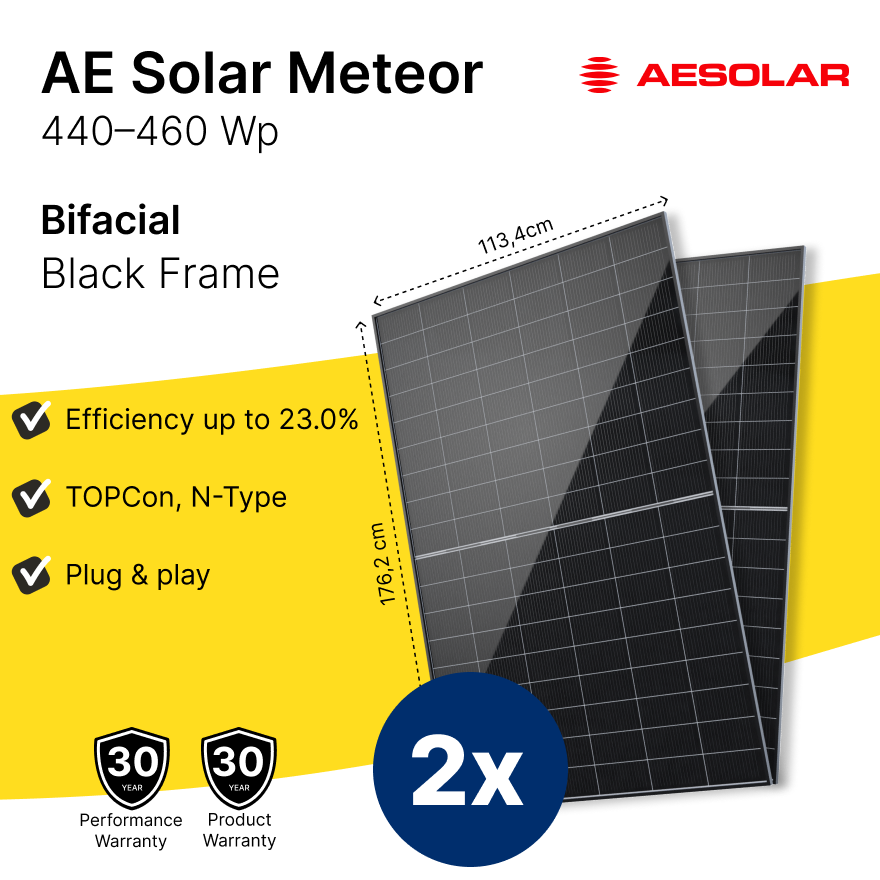

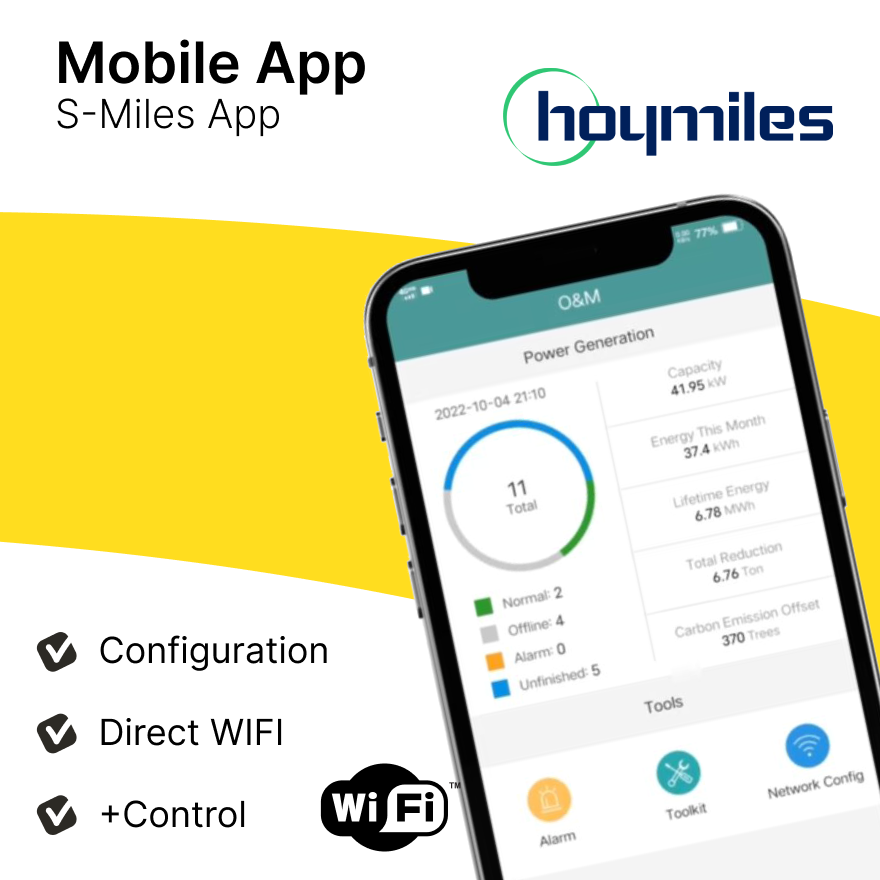


2 Kommentare
Hola Severino,
efectivamente son medidas que ayudan mucho al mercado. Esperamos conseguir algo parecido en España también.
Robinsun
Me paré muy bien lo que el gobierno Alemán aprobó sobre la no prohibición de los paneles solares en las viviendas de una comunidad de condominio.
Severino Martorano
Hinterlasse einen Kommentar
Diese Website ist durch hCaptcha geschützt und es gelten die allgemeinen Geschäftsbedingungen und Datenschutzbestimmungen von hCaptcha.